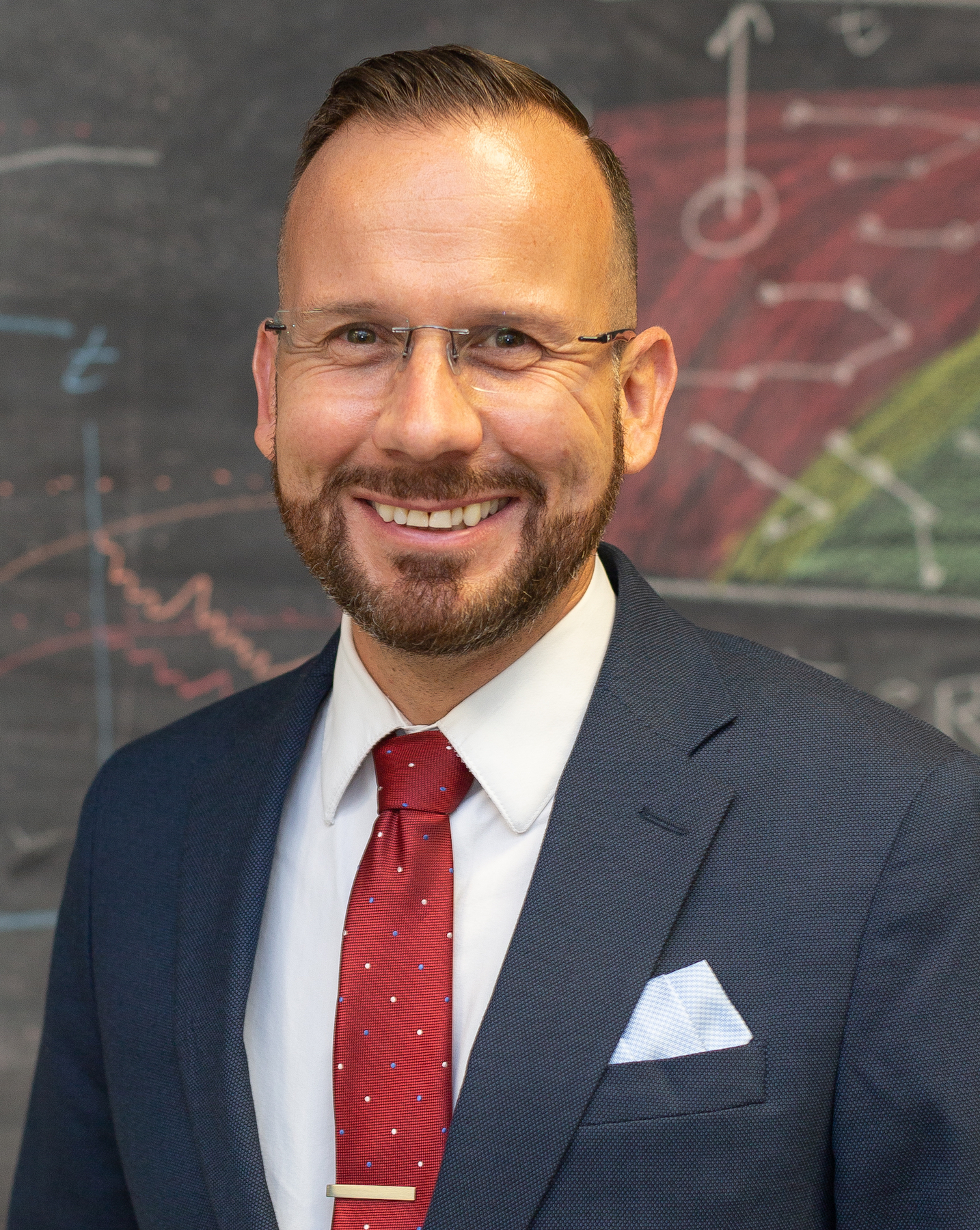Events Calendar
Radiation increases the mutational burden and induces cell stress as well as immunogenic cell death, thereby exposing a wealth of de novo tumor-associated antigens, stress proteins, and danger-associated molecular patterns to the immune system. In this context, the role of radiotherapy is no longer simply confined to direct cell killing, and understanding the complex, non-linear cytotoxic and immunologic consequences of radiation is of pivotal importance to fully exploit the therapeutic efficacy of radiotherapy. The effectiveness of radiotherapy in eliminating the cancer is likely a combination of the direct lethal effect of radiation on the tumor and, possibly more importantly, the subsequent indirect effect of stimulating a successful antitumor immune response. This has initiated the quest for the optimal radiation dose, dose fractionation, and sequencing with biological agents to maximize synergy with biological consequences of radiation. To exhaustively evaluate every possible radiation dose and dose fractionation with and without the growing number of immunotherapeutic agents in different orders and at all possible timings is elusive. Mathematical modeling may provide the necessary tools to provide a mechanistic understanding of the many biological players and their interactions. Here I present a number of quantitative approaches to help decipher the immunological consequences of radiation, and how to best harness them.

Short bio:
Heiko Enderling, Ph.D., FSMB
Fellow & President, Society for Mathematical Biology
Associate Member & Director for Education and Outreach
Dept. of Integrated Mathematical Oncology
Dept. of Radiation Oncology
Lee Moffitt Cancer Center & Research Institute
- Undergraduate degree in Computer Visualization applied to Human Medicine, University of Magdeburg, Germany, 2003
- PhD in Mathematical Biology, University of Dundee, Scotland, 2006 (w/ Mark Chaplain & Sandy Anderson)
- Postdoc, Instructor, Assistant Professor, Center of Cancer Systems Biology, Tufts University School of Medicine, 2007-2013.
-Since 2013, Moffitt (Associate Professor since 2017).
Research interests:
- Quantitative Personalized Oncology – developing calibrated and validated mathematical model driven by clinical data to aid patient-specific treatment decisions
- Tumor-immune ecosystem dynamics and response to radiotherapy
